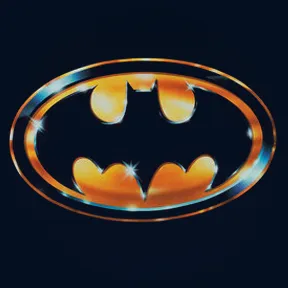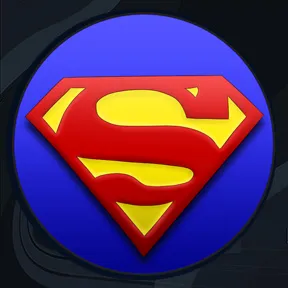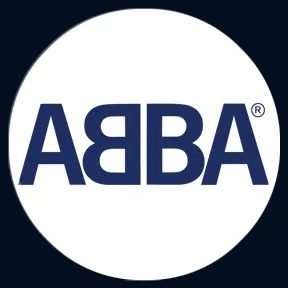Horizon | How Computer Graphics Will Change the World (1981)
Have you ever wondered what it would be like to fly between the skyscrapers of a city centre? Or to take a trip through Saturn's rings? Or walk around a molecule of DNA?
Computer graphics provide ways of simulating reality, or building fantastic new worlds, and the power to explore and manipulate those 3D worlds.
For the artist it's a new way to paint, for the filmmaker it's a new way to animate a film; for the scientist it's a means to visualise data or test a hypothesis; and for everyone else it's the ability to play ever more elaborate space-invaders style games, or to participate in and control extraordinary, dangerous or impossible events.
Horizon charts the evolution of computer graphics, from the earliest visual display on MIT's Whirlwind computer through to the state-of-the-art 3D simulation of Voyager 2's encounter with Saturn. How did Ivan Sutherland's light-pen Sketchpad pave the way for today's new wave of computer animators at Lucasfilm? How did we go from Steve Russell's original 1962 computer game Spacewar! to the cutting-edge 3D simulators used to train pilots?
What other applications do computer graphics have, and what industries are they likely to revolutionise in the future? As computer power grows exponentially, are there any limits to what can be achieved through computer simulation?
Contributors include Nolan Bushnell, Steve Russell, Jim Blinn, Ed Catmull, Howard Spielman, Susan Sparks, Paul Xander, Alvy Ray Smith, Ed Emshwiller, Ron Hayes, Bill Kovacs, Robert Abel, Charles Kohlhase, Robert Langridge, Nelson Max and Loren Carpenter.
Clip taken from Horizon: Painting By Numbers, originally broadcast on BBC Two, 21 December, 1981.














































